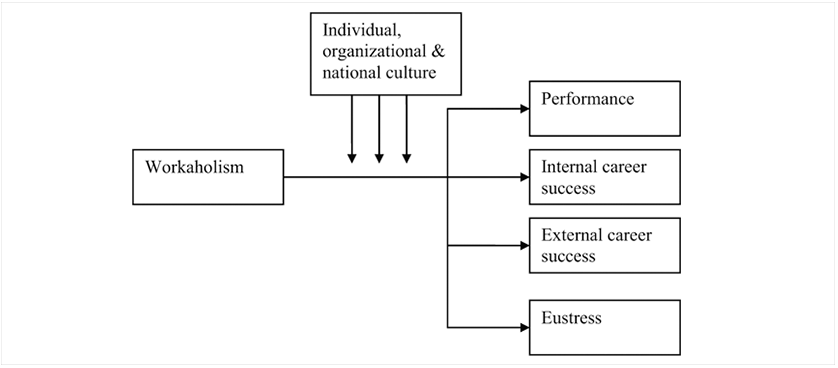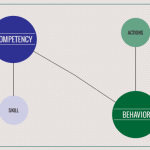Workaholism and Performance
As employee safety, health and well-being are productivity predictors, when discussing about personal and individual performance it is important not to overlook the potential threat of being over-motivated, over-engaged and over-attached to work, to the point of disrupting one’s personal functionality.
What is workaholism, and how does it affect one’s personal and professional well-being? Workaholism is, essentially, an intrusion of one’s professional activity into his/ her personal space, where the distinction between the 2 disappears. Although one might view it as an encouraging, positive sign of high motivation and overall commitment to work, it brings about a series of negative outcomes, for both work and personal functioning. Albeit not acknowledged as such by medical literature, it is defined as an occupational addiction.
Workaholism affects performance, both indirectly and directly, as pointed out by authors like Shimazu, Schaufeli and Taris. They have conducted a study in 2010 that highlighted the relationship between employee health, performance and workaholism. Their published results point out to the fact that workaholism has a direct negative impact on employee health and wellbeing, and is indirectly responsible for a drop in performance.
Aggregating diversified perspectives, from various conceptual points, Benoy’s 2013 descriptive study, incriminates flexible work hours and technological development for the gradual blurring of home-work boundaries, making it extremely difficult for people do disengage and commute between roles and contexts. This has severe implications for health and personal management, with implications for work performance and efficacy.
A more recent paper, from 2014, by Gorgievski, Moriano, & Bakker, addresses the way in which work engagement, workaholism and entrepreneurial performance are related. They emphasize that workaholism is related to negative affect, which has a negative impact on performance, although it has a certain positive association with innovative behavior, as a part of performance management.
A few suggestions on how to manage the tendency to get over-engaged in work, given by Gorgievski, Moriano & Bakker, imply emotional management, through strategies for emotional-regulation. Other authors suggest controlling irrational beliefs, stress management or adjusting motivation to a healthy optimal point, to name a few. The consensus is that the most important step to take into account is to monitor one’s activity, as to prevent workaholic behavior.
References:
- Shimazu, A., Schaufeli, W. B., & Taris, T. W. (2010). How does workaholism affect worker health and performance? The mediating role of coping. International Journal of Behavioral Medicine, 17(2), 154-160
- Benoy, S. (2013). A DESCRIPTIVE STUDY ON WORKAHOLICS. International Journal of Organizational Behaviour & Management Perspectives, 2(3), 518-521
- Gorgievski, M. J., Moriano, J. A., & Bakker, A. B. (2014). Relating Work Engagement and Workaholism to Entrepreneurial Performance. Journal of Managerial Psychology, 29(2), 1-1
- van Wijhe, C., Peeters, M., & Schaufeli, W. (2013). Irrational beliefs at work and their implications for workaholism. Journal of occupational rehabilitation, 23(3), 336-346
Image source:

Tags: Human Resources performance, Performance Management, Workaholism






